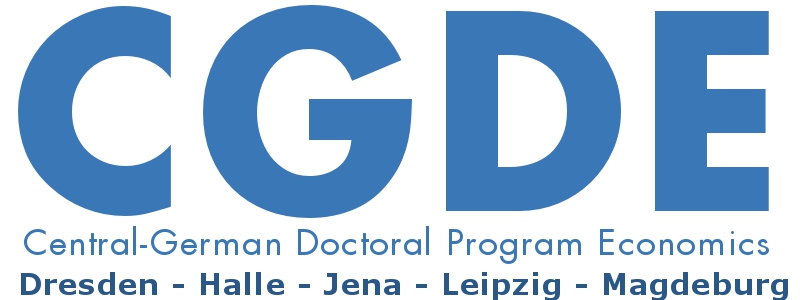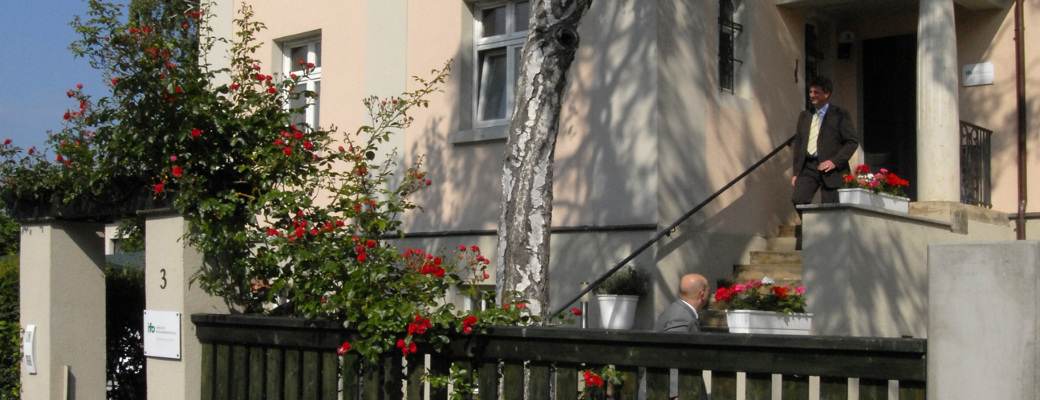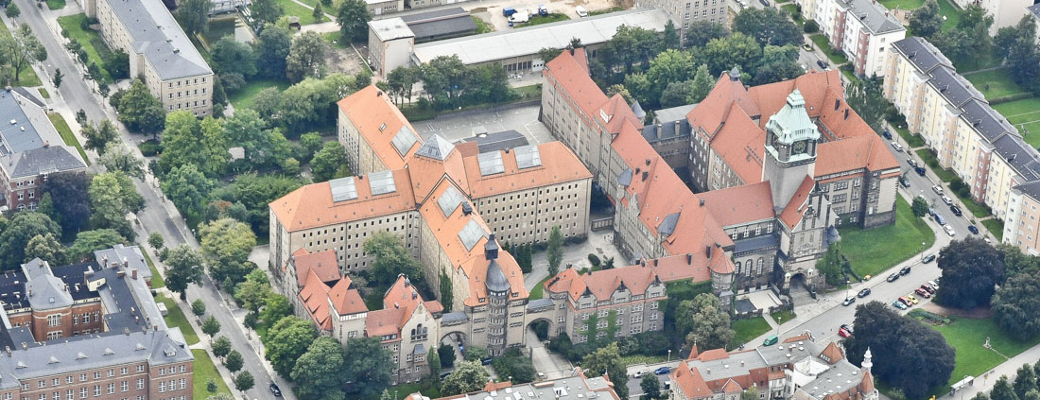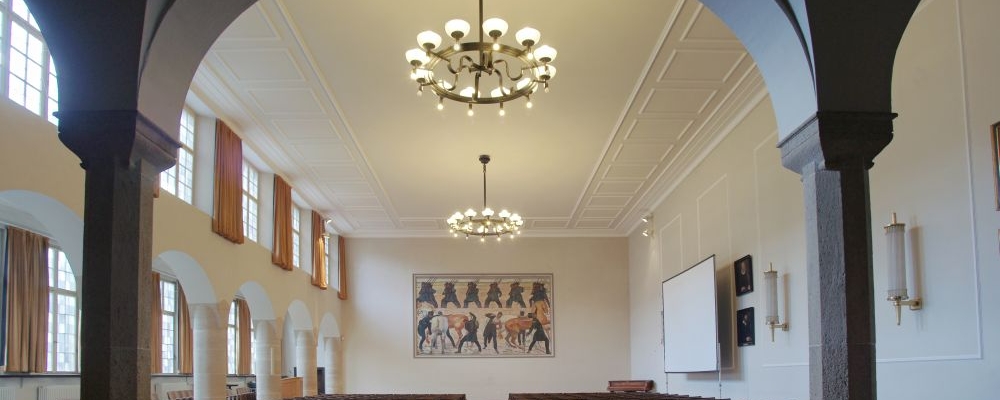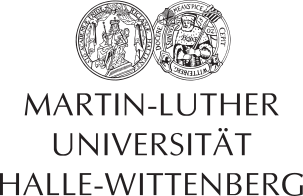Macroeconomics with Household Heterogeneity
Lecturer: Professor Dirk Krueger, PhD (University of Pennsylvania)
Date: May 13-16, 2024
Venue: Halle Institute for Economic Research (IWH) – Member of the Leibniz Association, conference room (building Leipziger Strasse 100, 3rd floor), 06108 Halle (Saale), Germany.
Registration: Please register for the course until April 30, 2024 by sending an e-mail to cgde@iwh-halle.de.
The course is designed for at most 15 participants. Places will be allocated on a first come, first served basis.
Announcement: pdf
Prerequisites
A solid course in intermediate macroeconomics.
Schedule
Monday, May 13
14:00–17:30
Tuesday, May 14
09:30–13:00 and 14:00–17:30
Wednesday, May 15
09:30–13:00 and 14:00–17:30
Thursday, May 16
09:30–13:00
Course Content
This is a course in quantitative macroeconomics with heterogeneous households. Its main thematical focus is on the interaction between inequality on the micro level and aggregate economic outcomes on the macro level. The course will have five modules. First, it will discuss the empirical motivation and household level data sets with the study of household heterogeneity in macroeconomics, and will review the complete markets-representative agent paradigm. The second module will study single household’s intertemporal consumption and labor supply allocation decisions in partial equilibrium under various assumptions about the life horizon and labor income process of the household as well as the capital market structure. In the third module we will discuss the existence, uniqueness and computation of stationary general equilibria of the models analyzed in the second module, and apply it to evaluate the long-run consequences of fiscal policy reforms. The fourth model will be devoted to the analysis aggregate shocks in the class of models from module 2 and 3, both completely unanticipated (so-called MIT) shocks as well as partially anticipated. Applications to recent crises (the financial crisis of 2007-2009 as well as the COVID-19 health crisis) will be presented. The course will conclude, in a fifth module, with an introduction to dynamic models with enforcement and private information frictions, including the evaluation of the empirical predictions of these class of models for consumption and wealth inequality.
Outline
1. Introduction and Motivating Data
2. Benchmark Complete Markets Model
3. Standard Incomplete Markets Model in Partial Equilibrium
4. Permanent Income Life Cycle Hypothesis Models in General Equilibrium
5. Complete Market Models with Frictions
About the lecturer
Dirk Krueger is the Walter H. and Leonore C. Annenberg Professor in the Social Sciences and Professor of Economics at the University of Pennsylvania. He also holds a secondary appointment at Wharton’s Finance department and is a Fellow of the Econometric Society and the European Economic Association. He is the managing editor of the International Economic Review, a Research Associate at the National Bureau of Economic Research and Penn’s Population Studies Center, a Research Fellow at the Centre for Economic Policy Research, a Research Fellow at Netspar, and a Research Fellow at the Center for Financial Studies at Goethe University Frankfurt. His research is located in the field of macroeconomics but has strong links to other fields of economics, especially public finance, and labor economics, and combines economic theory with empirical and computational methods.
